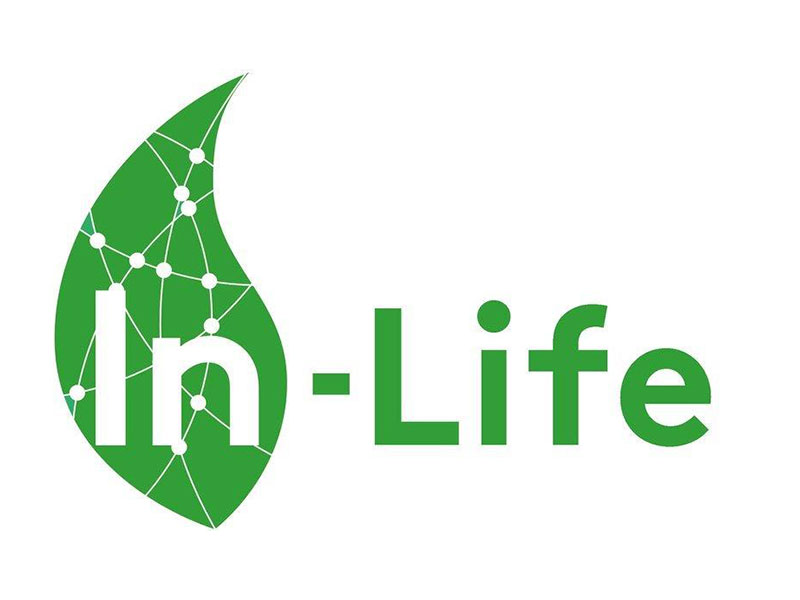


“Education for Sustainable Development” allows every human being to acquire the knowledge, skills, attitudes and values necessary to shape a sustainable future. It means including key sustainable development issues into teaching and learning. ESD consequently promotes competencies like critical thinking, imagining future scenarios and making decisions in a collaborative way. The actions for
ESD are very wide spread among various target groups like: school learners, adults, however the migrants learners are included only to some extent. Here below some examples: Germany: the course “Mama-lernt-Deutsch” (mum learns German”) is a course provided by ESF for young mothers and conveys sustainability topics such as nutrition and healthy living. The “BIG” project by the University of Erlangen is another example for a course which conveys sustainability topics such as behaving in nature. The German ministry of the interior published a refugee guide (“A Guide for Orientation and Communication in Germany”, consisting of 9 chapters of helpful instructions for migrants living in Germany. Two of these chapters provide information on sustainability issues: “Environment and Ecology” and “Food, Drinks, and Smoking”. In France idea of SD is supported in migrant organisations, but concrete projects or actions have yet to take place. A meeting held in January 2016 communicates the need to tackle this issue as it can be a means to bring together different communities and generations: http://grdr.org/Les-organisations-de-migrants-de-Seine-Saint-Denis-s-engagent-pour-un-monde.
Sustainable development is one of the items of field 7 “Security, Hygiene, and Sustainability ” of the CléA program which ADPI is habilitated as Evaluator and Training organisation; it is already implemented on the aforementioned youth, key competencies and especially home care worker programs. Italy there is no evidence on inclusion of SD topics in language teaching for migrants. In the UK the project “EEPSOL (Education and Employment Pathways for Speaker of Other Languages)” created a large quantity of Employment Skills materials across a number of skill sectors, which to some extent cover also issues of SD. The fact that some courses, projects, teaching materials containing elements of sustainable development shows the importance of these issues for integration work. However, these materials and projects are just fragmentary, which emphasises the significance of our project. Moreover, growing numbers of migrants and asylum seekers coming from different parts of Europe enhances the need for ESD. The current flows of the migrants who want to live in Europe are coming from the third-countries or the countries where the sustainable development is not a well-known or implemented concept. Those potential learners face not only social exclusion, because of lack of language skills, but also cultural and economic. The implementation of the concept of ESD in context of language acquisition could promote the process of integration within society. This is especially a serious deficiency since migrants are more likely to face social, economic and cultural exclusion including youth unemployment as well as discrimination and lack resources (European Centre for Social Welfare Policy and Research 2008, Martiniello and Rath 2014). The project IN-Life aims to connect migrants as future multipliers to concepts and methods for sustainable development (SD) by developing an innovative teaching approach for ESD within adult education in order to empower migrants to actively contribute towards a sustainable society, improve capacities and knowledge within adult education organisations for ESD for migrants and increase the knowledge about SD throughout migrant communities.
The current challenge for European countries facing high numbers of refugees and asylum-seekers is providing them with key competences and ensuring their successful integration in the target countries as well as the lack of learning resources for ESD encouraged partner organisations to carry out the project on a transnational level. At the same time making available the learning and teaching materials in German, English, French and Italian and also targeting these big countries in Europe all of them integrating migrants, provides the potential to reach a high number of education organisations and also migrants as the final beneficiaries.